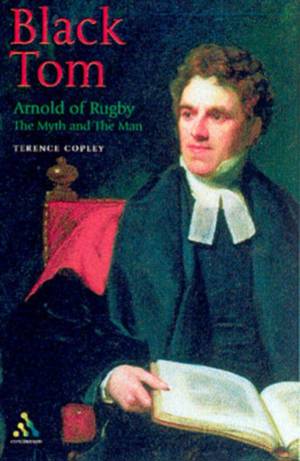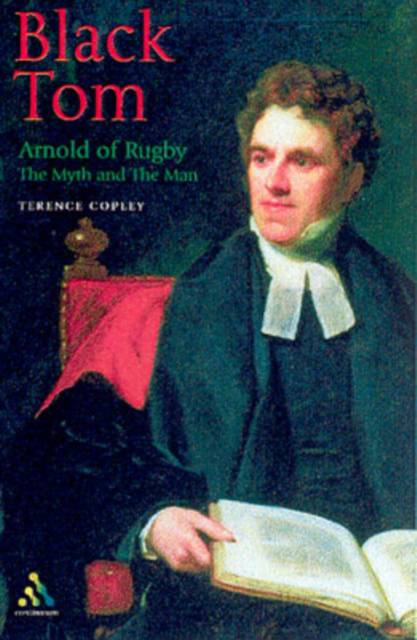
- Afhalen na 1 uur in een winkel met voorraad
- Gratis thuislevering in België vanaf € 30
- Ruim aanbod met 7 miljoen producten
- Afhalen na 1 uur in een winkel met voorraad
- Gratis thuislevering in België vanaf € 30
- Ruim aanbod met 7 miljoen producten
Zoeken
€ 61,95
+ 123 punten
Omschrijving
Professor Terence Copley]ås new biography of Thomas Arnold combines a study of his life with an examination of Arnold+ås influence as an educator, a theologian and a churchman. Arnold was only a Victorian for five years (he died in 1842) but he has been remembered as a major figure of the age, not least because Lytton Strachey chose him as one of his objects of ridicule and pillory in Eminent Victorians (1918).He stands as a monument to the development of the 19th-century public school system whose influence spread far beyond Britain+ås upper-class. Arnold was the celebrated headmaster of Rugby School and Hughes+ås Tom Brown+ås Schooldays (1857) fixed him in the public imagination.Copley assesses both the uncritical Victorian versions of Arnold+ås life--including Hughes and Dean Stanley+ås original Life--and the sneering assessment of his influence, perpetuated by Strachey, to provide the first rounded portrait of Arnold. In conclusion Copley explores the possible legacy that this great but neglected figure has left to our age.
Specificaties
Betrokkenen
- Auteur(s):
- Uitgeverij:
Inhoud
- Aantal bladzijden:
- 320
- Taal:
- Engels
Eigenschappen
- Productcode (EAN):
- 9780826467058
- Verschijningsdatum:
- 23/04/2002
- Uitvoering:
- Paperback
- Formaat:
- Trade paperback (VS)
- Afmetingen:
- 147 mm x 229 mm
- Gewicht:
- 476 g

Alleen bij Standaard Boekhandel
+ 123 punten op je klantenkaart van Standaard Boekhandel
Beoordelingen
We publiceren alleen reviews die voldoen aan de voorwaarden voor reviews. Bekijk onze voorwaarden voor reviews.







